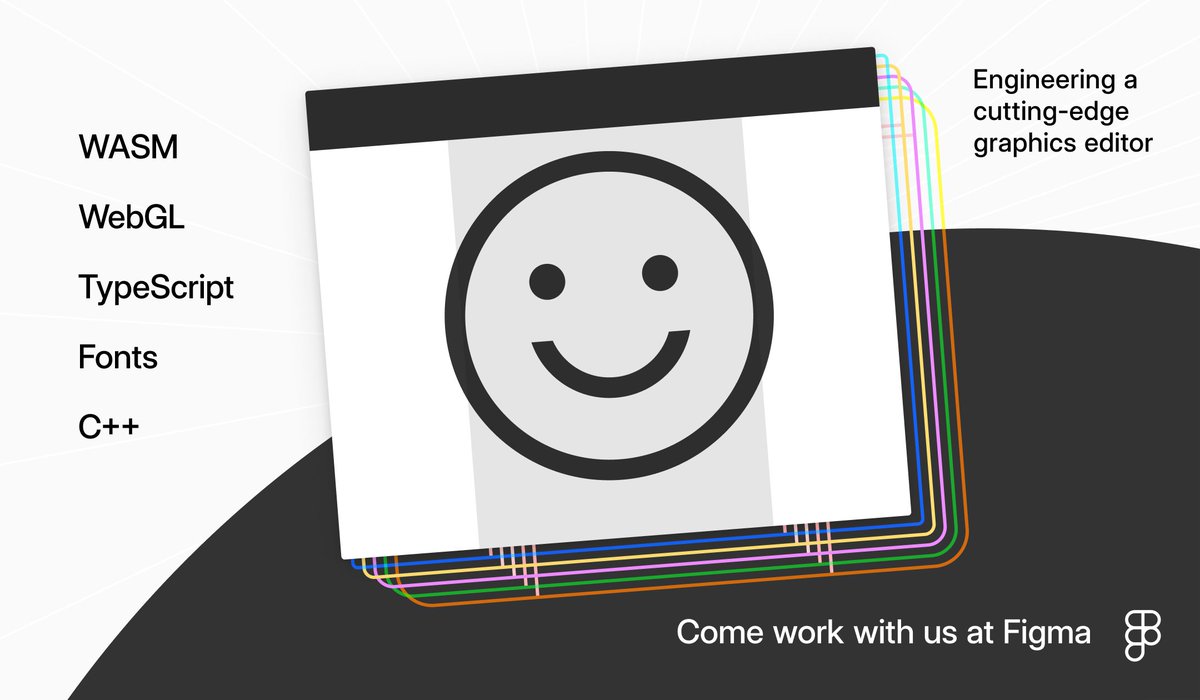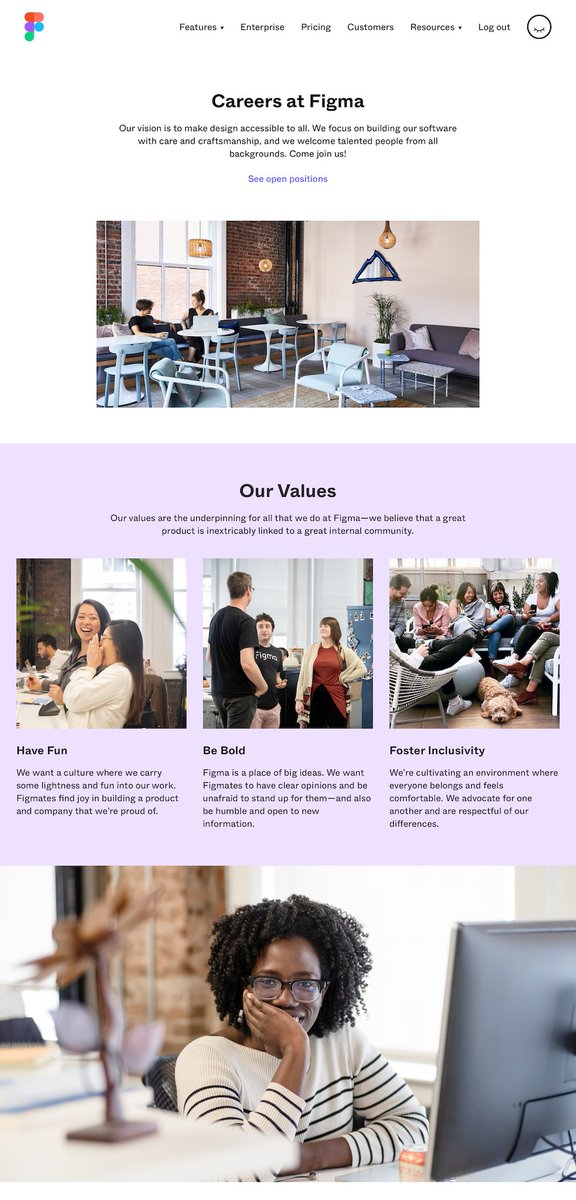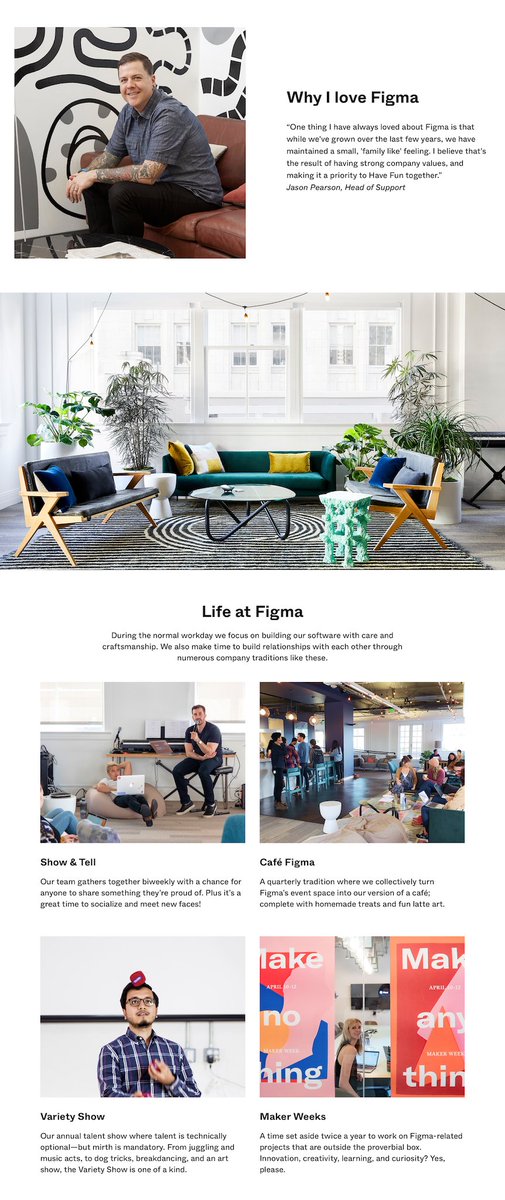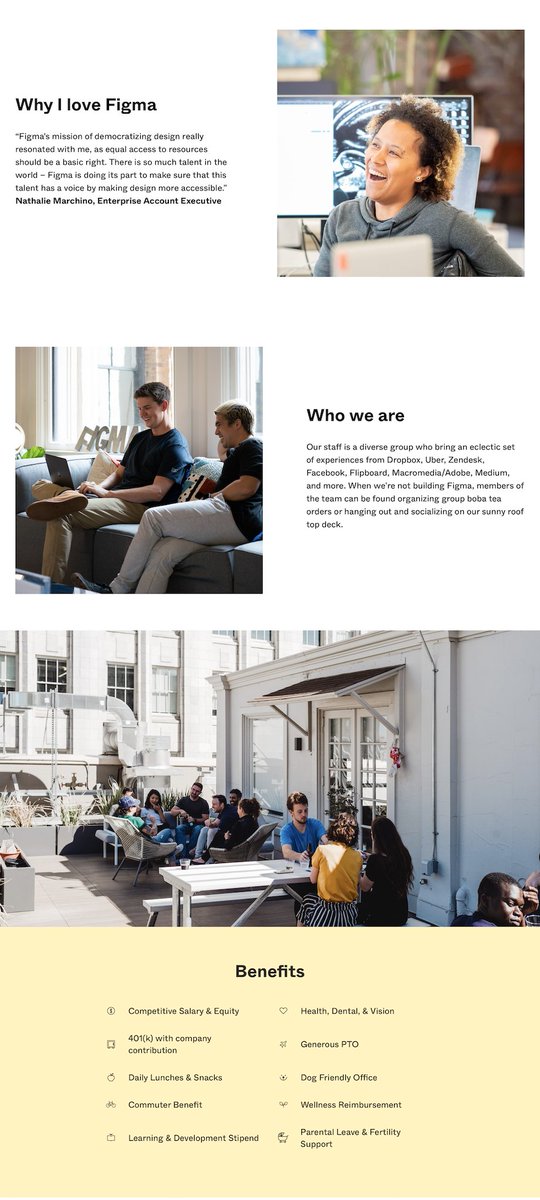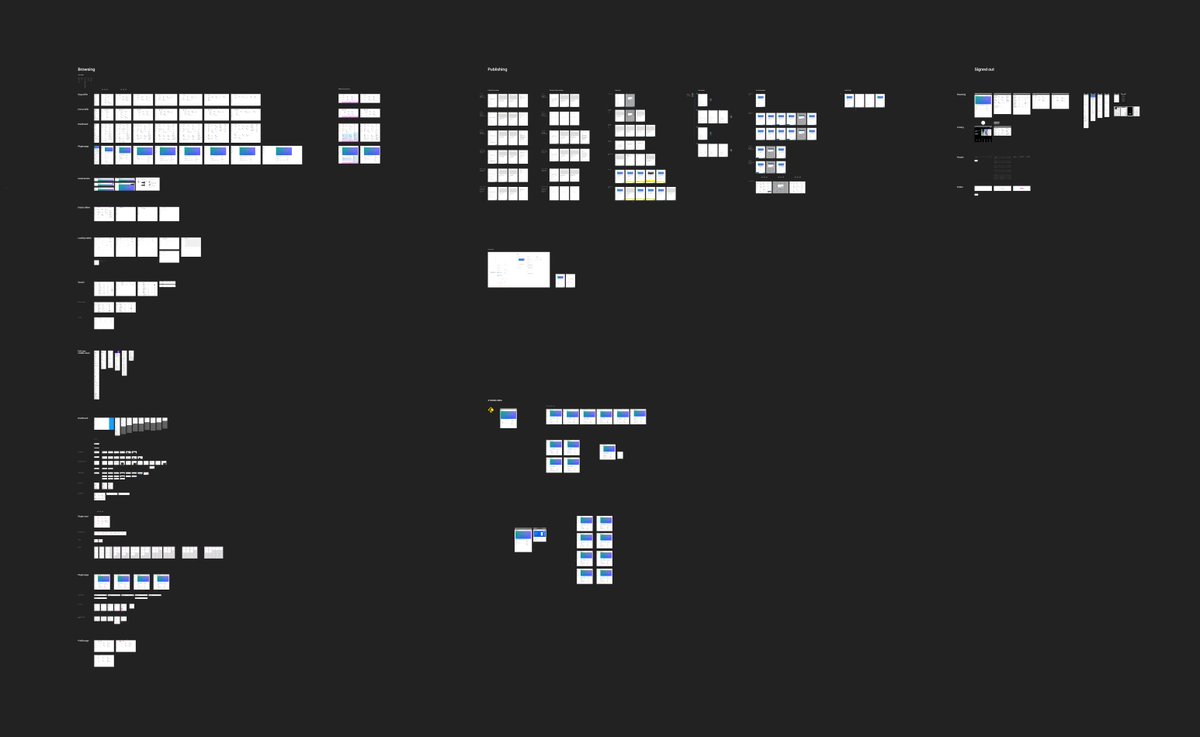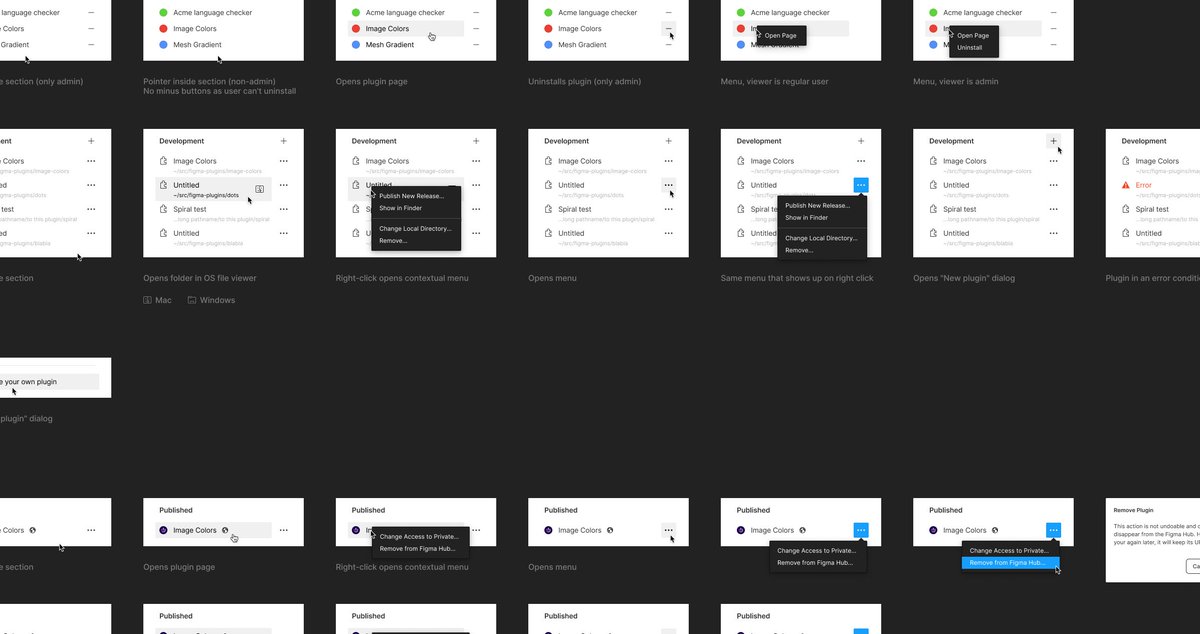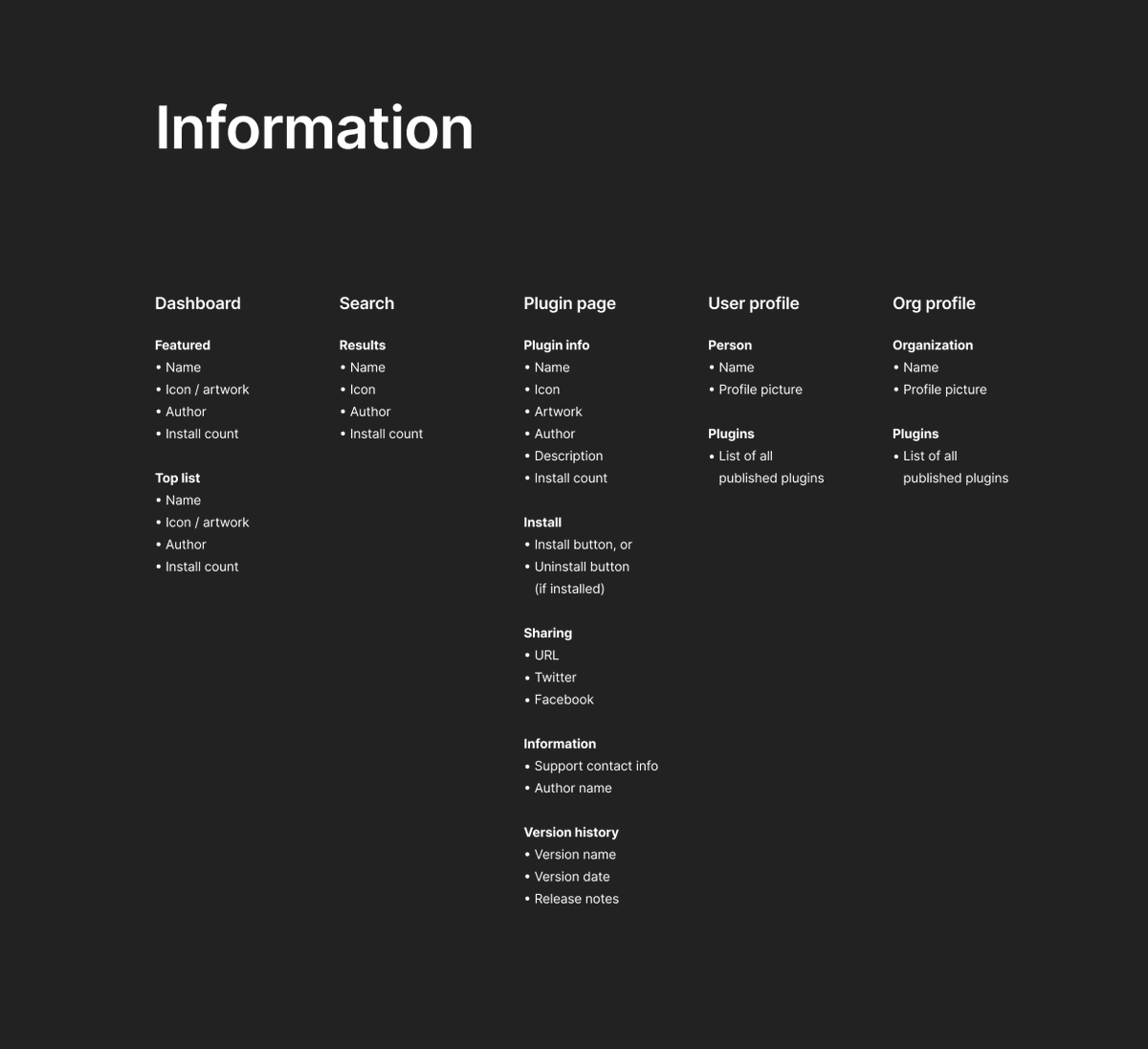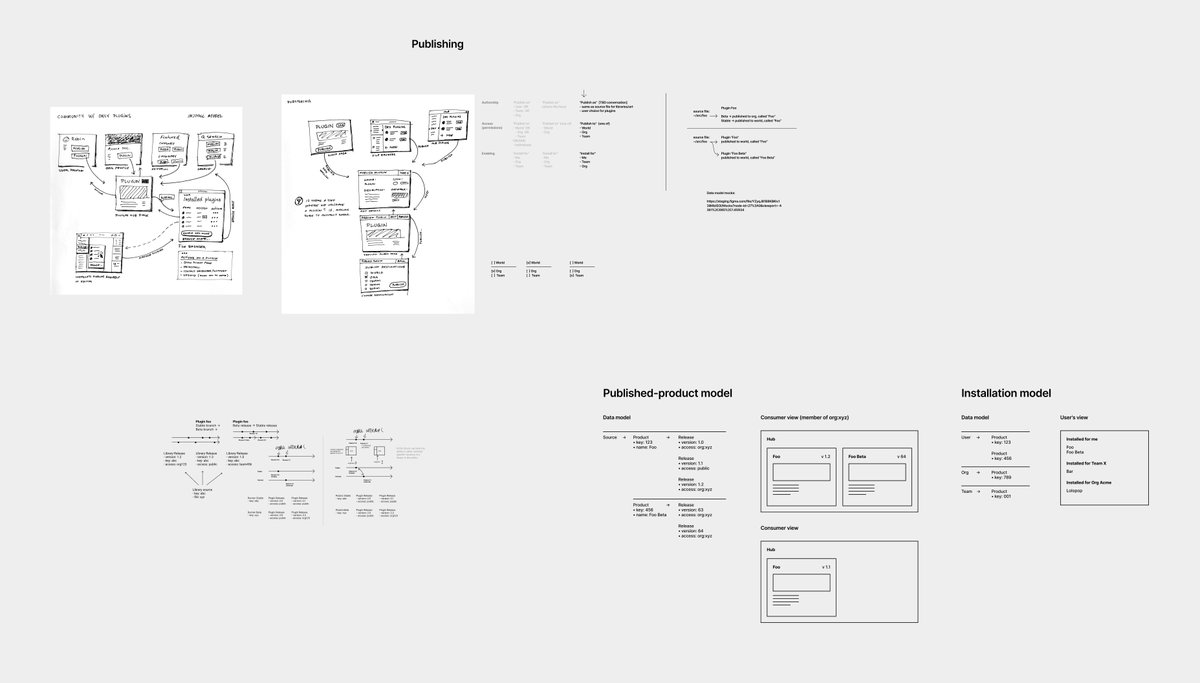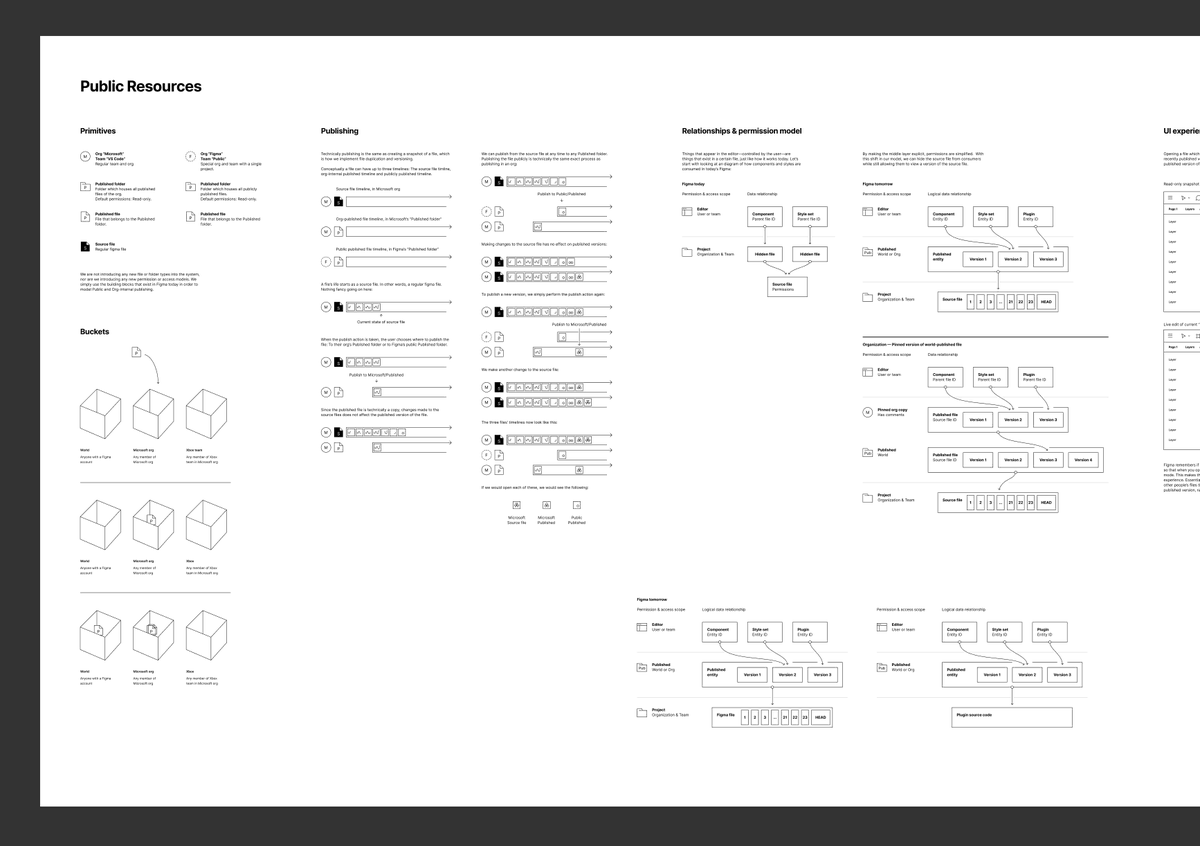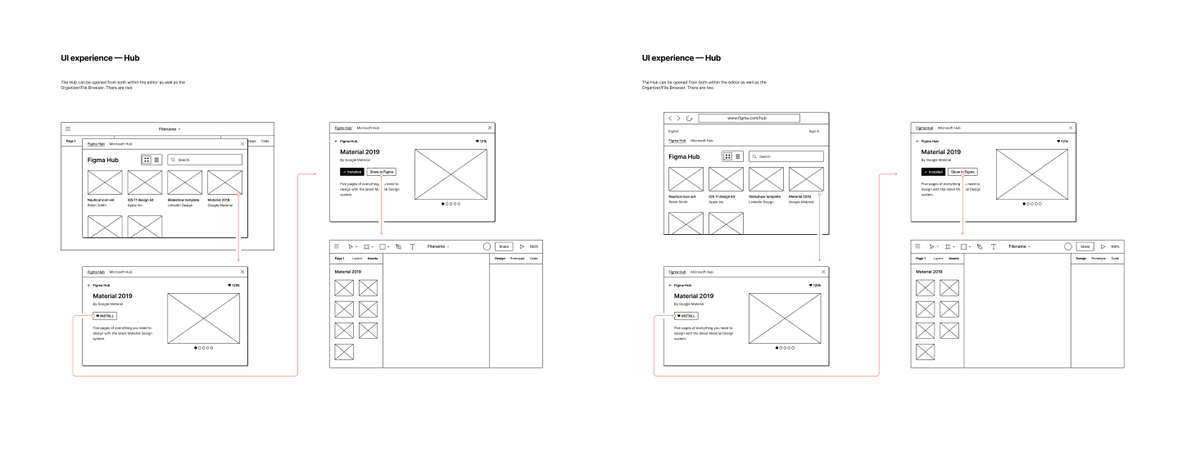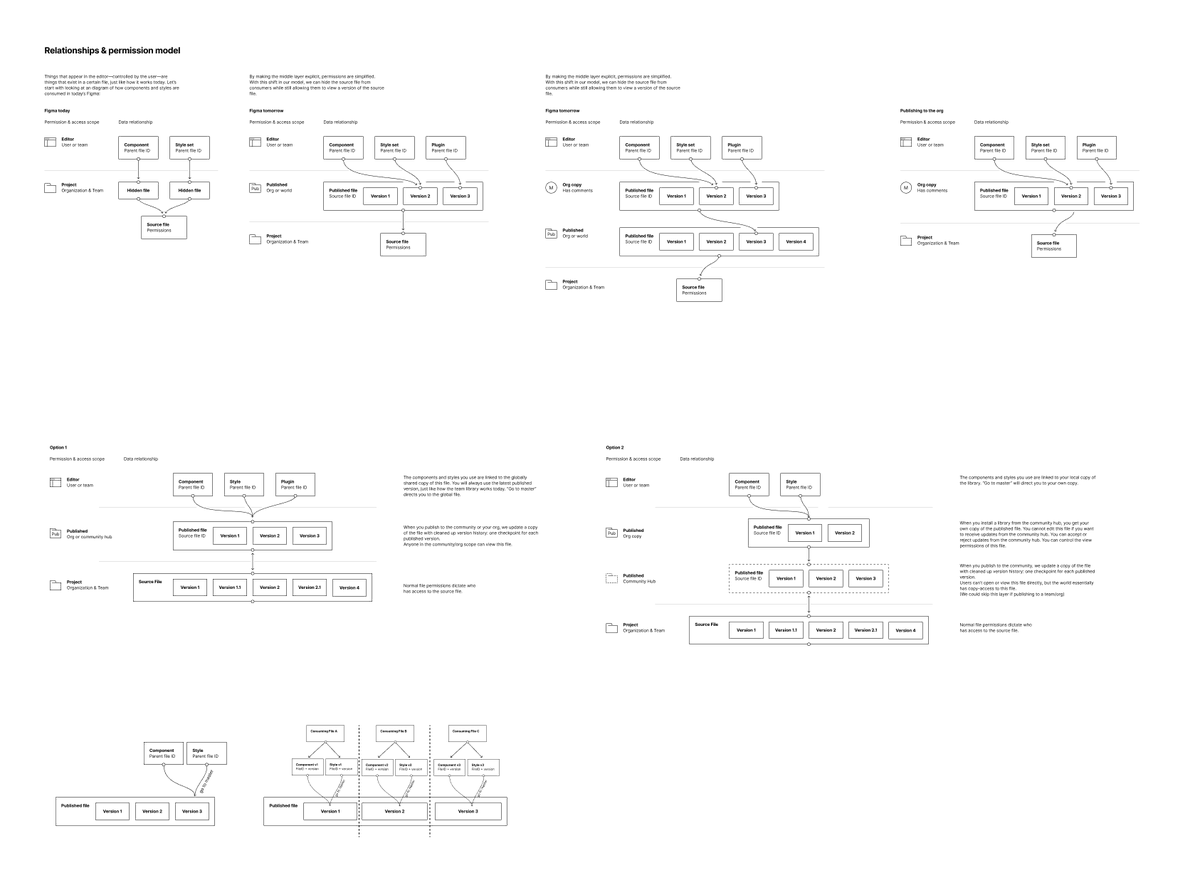
This is what large parts of the commercial WWW has become. It really saddens me. It’s like a hundred tortured voices screaming in desperation. How do we fix this?! How did we get here?
What needs to change is culture around value and technology to support it.
Being a journalistic publication in this day and age must be tough with a web culture of “everything is free.” How do you compete with that?! We all need to put bread on the table.
Being a journalistic publication in this day and age must be tough with a web culture of “everything is free.” How do you compete with that?! We all need to put bread on the table.
Here’s a practical example how broken the web system is. Okay so a friend told me about a cool DIY instax back for the Mamiya RZ/RB cameras. I do a web search and end up on this film photography website. Looks legit. Looks like work of passion. Good stuff. 



As I start scrolling, the document starts jumping up and down like spasm. Turns out there are a lot of display ads, some of them blinking like a strobe. 



When enabling an ad blocker, this message is shown. Notice the tiny text with a hyperlink at the very bottom. Yes interesting. 

So obviously I’d rather pay with money than with my life energy and mental energy, so I tap it.
At this point I’ve already spent several minutes of time and been subject to some disturbing ads. Cost for reading about this DIT project is climbing...
At this point I’ve already spent several minutes of time and been subject to some disturbing ads. Cost for reading about this DIT project is climbing...
Tapping that link takes me here [image 1] which after another tap takes me to a sign up form which asks me to do more work. Plus, it asks me to commit to at minimum $5/mo. That’s the price of Spotify! Way too high. If I visit 100 websites like these I’d pay $500/mo which is \ 



a ridiculous proposition.
At this point I gave up and cut my losses. Cost: ~5 min time, some disturbing blinking ads that made me feel a little ill for a minute.
Ideally there would be a system-level button on the article “read for $1”; tapping it INSTANTLY (<100ms) opens the \
At this point I gave up and cut my losses. Cost: ~5 min time, some disturbing blinking ads that made me feel a little ill for a minute.
Ideally there would be a system-level button on the article “read for $1”; tapping it INSTANTLY (<100ms) opens the \
article, subtracts $1 from my bank account and adds $1 to the author’s bank account.
Key is that ease. Only work if it’s system level (no shit “extensions” or “js libraries” will do), really fast and easy to use for authors.
Key is that ease. Only work if it’s system level (no shit “extensions” or “js libraries” will do), really fast and easy to use for authors.
Apple has come close with their own universe of software.
Imagine that but at a global scale.
Imagine that but at a global scale.
• • •
Missing some Tweet in this thread? You can try to
force a refresh


